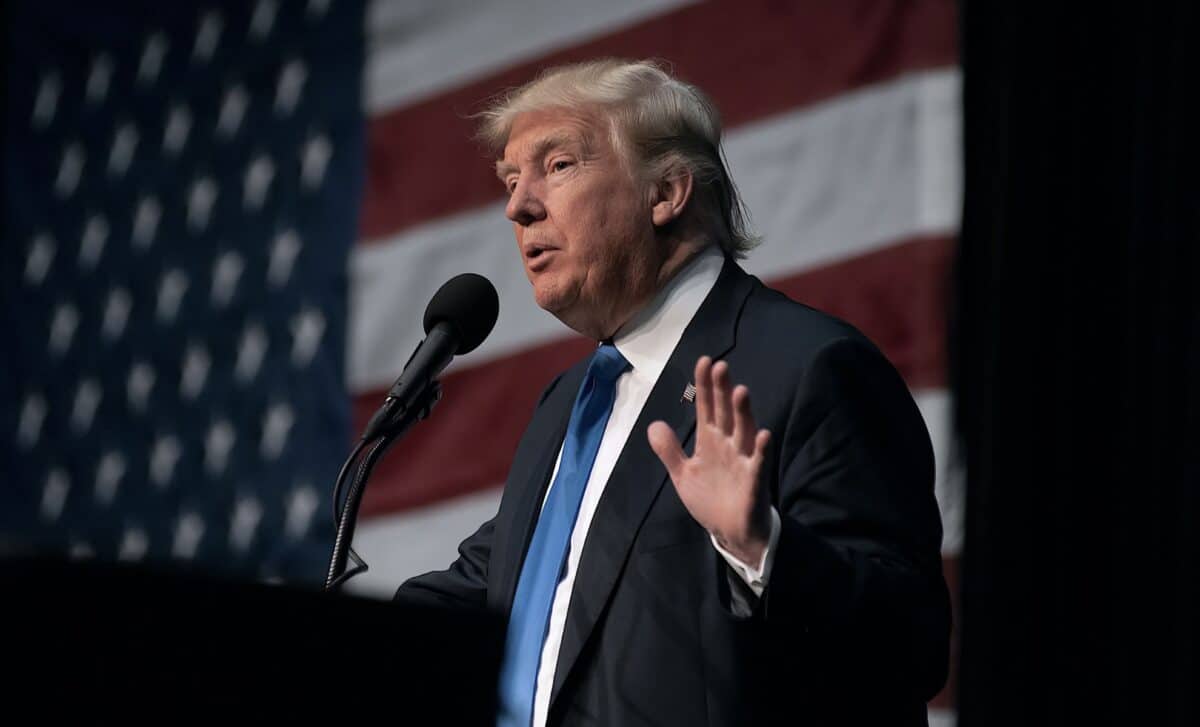In a key vote, the Republican-controlled U.S. Senate has narrowly passed a procedural motion to open debate on President Donald Trump’s sweeping tax-cut and spending legislation. The measure, which includes tax relief, military funding, and border security, has provoked fierce opposition from Democrats and divisions within Trump’s own party.
The bill, a significant piece of legislation, has sparked intense debates over its potential consequences. As Republicans push for its swift passage, Democrats remain staunchly opposed, arguing that it disproportionately favours the wealthy and will harm lower-income Americans.
Tax Cuts and Military Spending: Core of the Legislation
The proposed legislation is a continuation of Trump’s 2017 tax cuts, aiming to extend them for another decade at an estimated cost of $4.5 trillion. It also includes provisions for increased military spending and enhanced border security measures.
According to the nonpartisan Joint Tax Committee, the tax cuts will reduce government revenue by $4.5 trillion over the next ten years, which has raised concerns about the long-term financial implications.
While Republicans argue that the tax cuts will stimulate economic growth, critics claim that the bill’s benefits are skewed towards the wealthiest Americans. Senate Democratic leader Chuck Schumer expressed concerns, claiming that the bill would lead to a historic redistribution of wealth, benefiting the top 1% of earners.
Republicans from rural states also face backlash for the proposal’s cuts to Medicaid, which would affect millions of low-income Americans.
Divisions Within the Republican Party
Although the bill was passed with a narrow vote of 51-49, there were significant divisions within the Republican Party. Two GOP senators, Thom Tillis and Rand Paul, voted against the motion to open debate, signalling growing unease within the party over aspects of the legislation.
Tillis, for instance, opposed the Medicaid cuts, while Paul expressed concerns over the bill’s potential to raise the U.S. debt ceiling by an additional $5 trillion. Trump, who has been an outspoken supporter of the bill, criticised those who voted against it, taking to social media to lambast Senators Tillis and Paul.
“Republicans must remember that they are fighting against a very evil, corrupt and, in many ways, incompetent (Policywise!) group of people, who would rather see our Country ‘go down in flames’ than do the right thing,” he posted.
The outcome of this legislation will have long-lasting effects on the nation’s fiscal policy and social welfare programs. With the bill now advancing to further debate and potential amendments, the political drama surrounding its passage is expected to continue.









